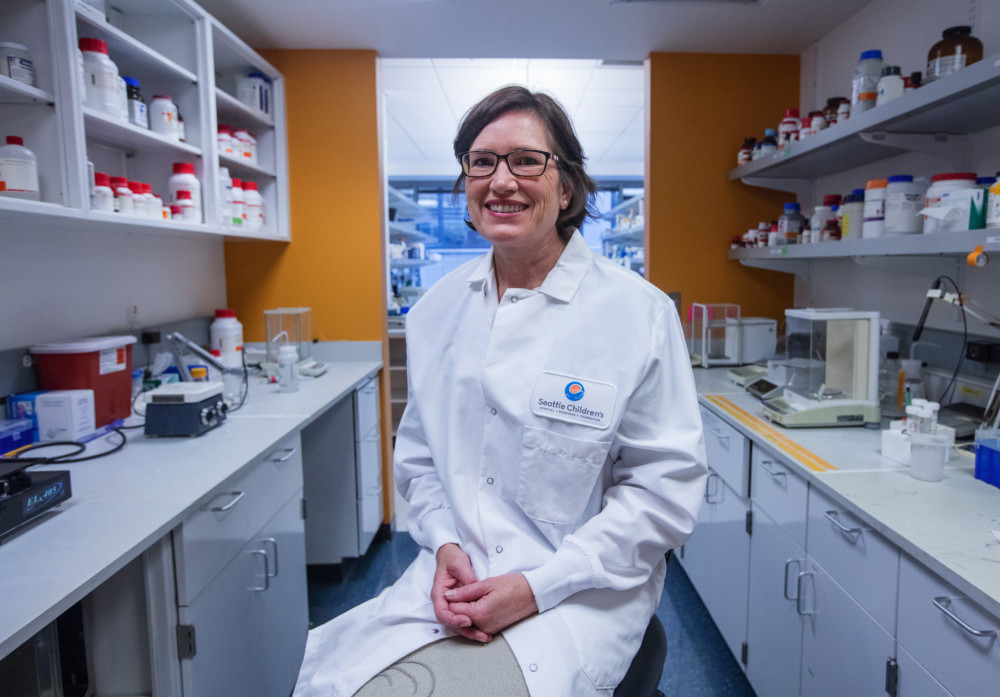By Nicole Brodeur
The Seattle Times
WWR Article Summary (tl;dr) An inspirational story of how the family of U.S. Ambassador to Libya Christopher Stevens is keeping his memory alive through life affirming projects.
SEATTLE
To most of the country, the death of U.S. Ambassador to Libya Christopher Stevens was an event steeped in politics.
The subject of blame and derision, brought up in debates and at rallies and captured in a single word: Benghazi.
But to Stevens’ family, the death of their adventurous, idealistic son and brother was a loss that demanded a certain action, free from politics. Something as wide open as he was, something that expanded worlds, as he tried to do.
“When we lost Chris, our family was thinking about how we could honor his memory and spirit,” said Stevens’ sister, Anne, a pediatric rheumatologist at Seattle Children’s, “how to counteract all of the sad, violent events in the world by doing something good. My mother said, ‘You should consider a medical exchange project.’
“Always listen to the mother,” Stevens said. “As pediatricians, we know this. Listen to the mother.”
And so, with the help of a private endowment from local philanthropist Loyal Moore, Stevens has built upon an existing program called Resident Education and Advocacy for Child Health, or REACH, which sends pediatric residents from Seattle Children’s to do intensive field training in rural Washington, and Kenya.
In this, its first year, the Stevens Endowment made it possible to bring two residents from Kenya to Seattle for a monthlong training program. As a bonus, they have formed a relationship with Stevens; as close as one can get to her brother.
The first residents chosen were from the University of Nairobi: Douglas Kunthia Gaitho, chief resident in pediatrics, and Jemimah Karingi Mugo, a pediatrics resident.
They arrived with grave knowledge of child health: 52 of every 1,000 children born in Kenya die from prematurity or diseases like sepsis, pneumonia, HIV and malaria. That’s five times the infant-mortality rate in the United States.
Their time here was exhausting. Along with doing regular rotations in the surgery, infectious disease and other units at Children’s, Gaitho and Mugo visited children at Harborview Medical Center and worked at the Odessa Brown Clinic. They visited PATH and the Bill & Melinda Gates Foundation. And there were two or three hours of reading every night.
“This has really expanded my worldview,” Mugo said. “You know there’s a way you can help them, but you don’t know how. Now, it’s possible to work together.”
One of the most important things they learned was to look beyond the illness to the many factors that can impact a child’s health.
“The determinants of health are the same,” Mugo said. “Whether it’s poverty, access to clean water or education. That affects children everywhere.
“It’s been ingrained in us to go beyond the illness.”
Gaitho offered an analogy: “The tap is open; there is water spilling all over the floor. Doctors are mopping the floor, but we’re not closing the tap.
“What affects our health care are these social determinants.”
The program is being overseen by Dr. Maneesh Batra, associate director of the pediatric residency at Seattle Children’s. Batra had created the REACH program to send third-year residents from the University of Washington to Kenya, where they paired with third-year residents from the University of Nairobi in a provincial hospital.
Until now, there was no way to bring the Kenyan residents to Seattle and connect them with its vast global-health community. Stevens calls this addition, supported by the endowment, “medical diplomacy.”
Loyal Moore met Stevens during a tour of the Seattle Children’s Research Institute and learned her brother’s story: that Christopher Stevens was killed by militants who attacked the U.S. embassy compounds in Benghazi, Libya, in September 2012. He was the first ambassador killed by militants in 30 years.
“I guess he was like many people,” Stevens said of Moore. “Struck in the heart when my brother was killed. He felt this loss of a good person who was doing good work.
“Chris was a big believer in international and educational exchange,” she said. “His life was formed by it. And he had this sense of wide-eyed awe about things.”
The residents shared that same awe while exploring the Northwest.
Mugo spoke dreamily of seeing snow for the first time.
“I saw Mount Rainier in all its glory,” she said. “The other residents gave us warm clothes to wear. It was an adventure.”
Gaitho went to a Sounders game.
“Amazing,” he said, joking that his ears were still ringing. “All the energy.”
There was also the hospitality.
“They’ve taken such good care of us,” Gaitho said. “They brought us umbrellas, they brought us jackets. This is another home for us.”
Batra calls the Stevens Endowment and the work it makes possible “a rallying point for this institution.”
“We have to figure out a way to do it, and do it right and honor the Stevens family and the good that can come with it.”
Stevens listened to him, smiling.
“This is what it’s about,” she said. “Connecting and forming relationships.
“It doesn’t end.”














































































































































































































































































































































































